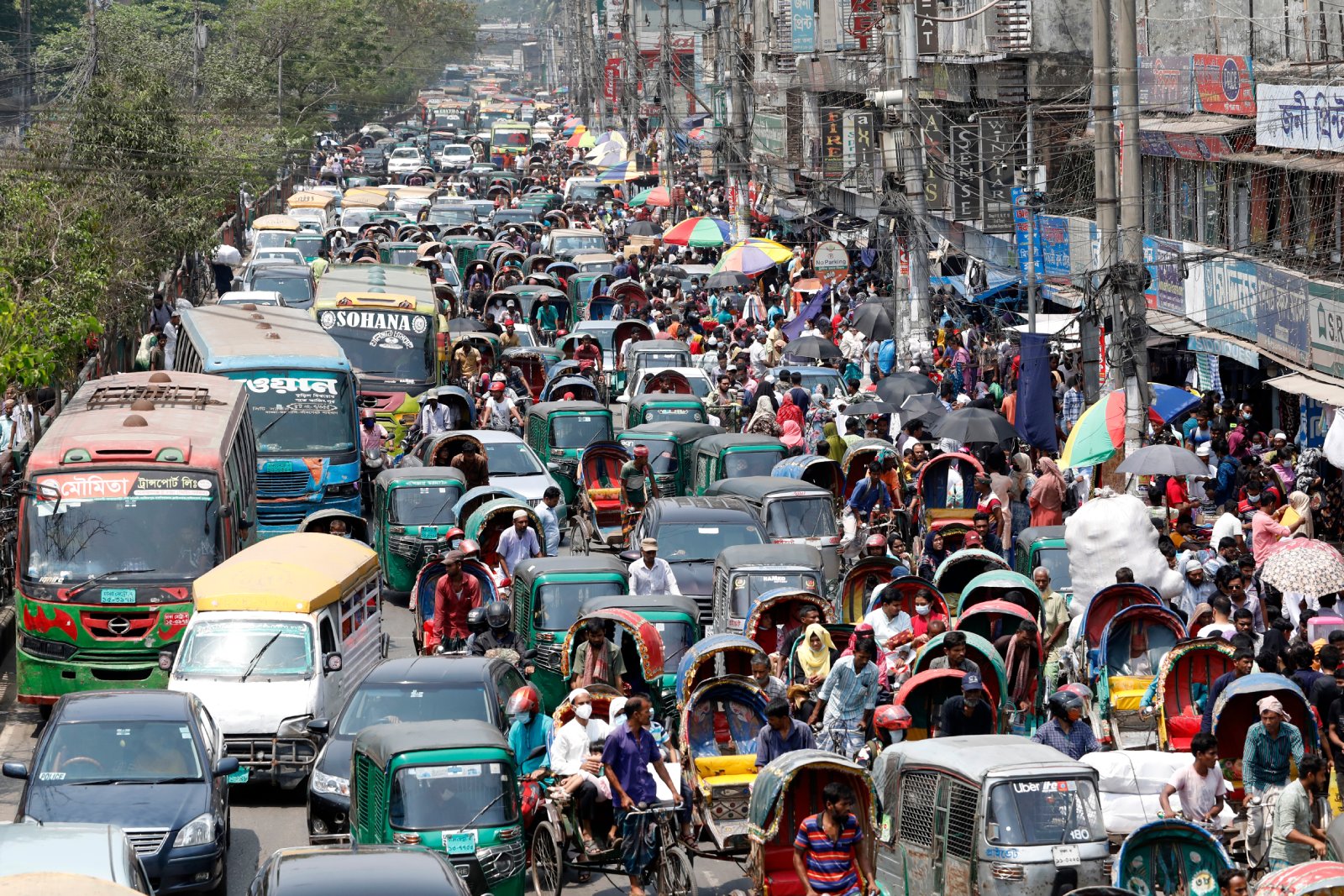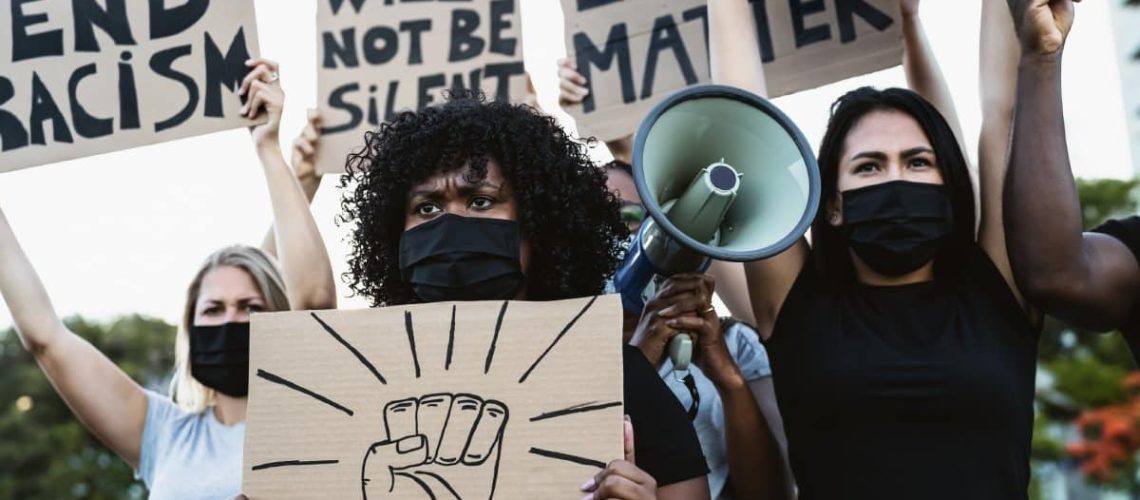Delve into the pervasive realities of systemic racism in contemporary society with this exploration of seven key manifestations. Shedding light on these systemic injustices, we can begin to confront and dismantle the structures that perpetuate racial discrimination and advocate for a more equitable and inclusive society.
1. Racial Profiling

Law enforcement agencies often disproportionately target people of color for surveillance, stops, searches, and arrests, perpetuating the stereotype that certain racial or ethnic groups are more likely to commit crimes.
2. Mass Incarceration

People of color, particularly Black and Latino individuals, are overrepresented in the criminal justice system, facing harsher sentences and higher rates of incarceration compared to white counterparts for similar offenses due to discriminatory policing practices and sentencing guidelines.
3. Educational Disparities

Schools in low-income communities and communities of color often receive less funding and resources compared to predominantly white, affluent schools, perpetuating disparities in educational attainment and opportunities.
4. Healthcare Disparities

People of color experience higher rates of chronic illnesses, maternal mortality, and limited access to quality healthcare services due to systemic barriers such as lack of insurance, discriminatory practices, and unequal distribution of resources.
5. Housing Discrimination

Discriminatory lending practices, redlining, and gentrification have historically limited housing options for people of color, leading to segregated neighborhoods, unequal access to housing, and disparities in wealth accumulation.
6. Employment Discrimination

People of color face barriers to employment opportunities due to racial biases in hiring, promotion, and workplace culture, resulting in higher rates of unemployment, wage gaps, and occupational segregation.
7. Environmental Injustice

Communities of color are disproportionately impacted by environmental hazards such as pollution, toxic waste sites, and lack of access to clean air and water, due to systemic racism in zoning policies, industrial development, and environmental regulation.
Addressing systemic racism requires comprehensive efforts to dismantle discriminatory structures and policies, promote equity and justice, and center the voices and experiences of marginalized communities.
The post 7 Ways Systemic Racism Operates in Contemporary Society first appeared on Pulse of Pride.
Featured Image Credit: Shutterstock / AlessandroBiascioli.
For transparency, this content was partly developed with AI assistance and carefully curated by an experienced editor to be informative and ensure accuracy.

